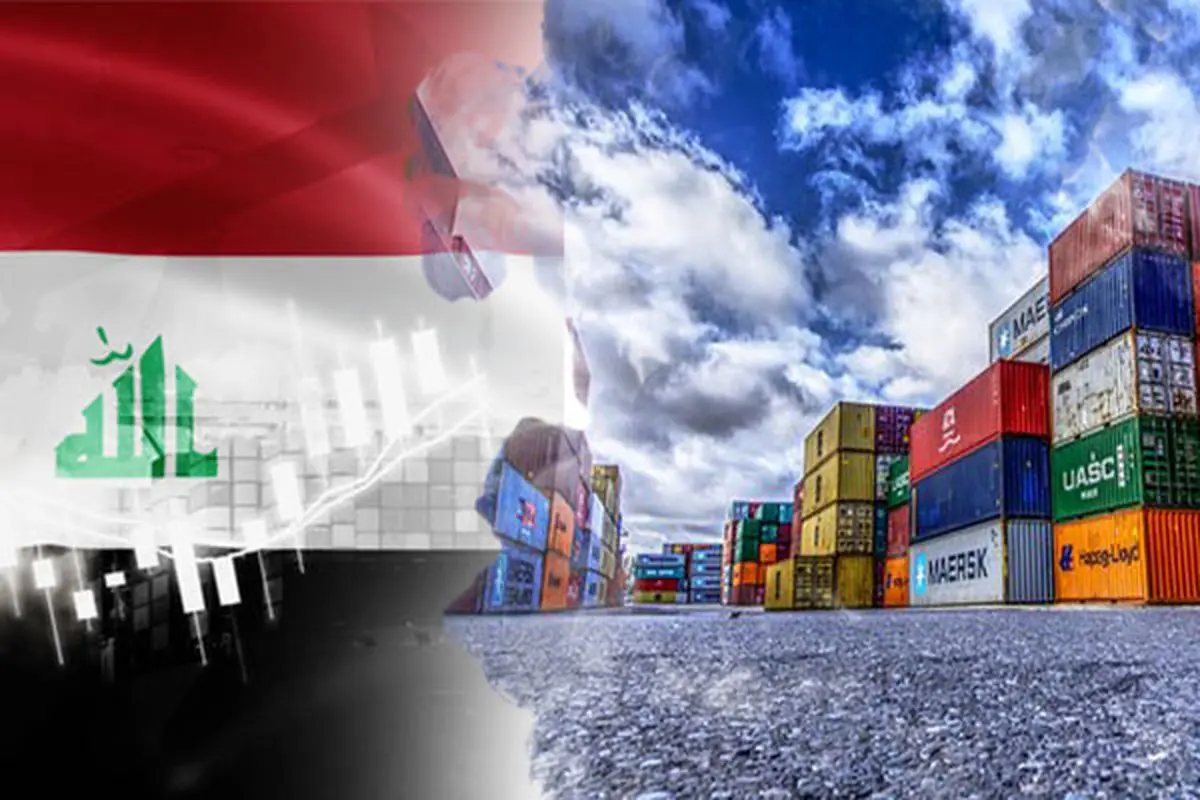Joint Iran-Iraq Economic Commission to be set up soon

A member of the board of directors of Iran-Iraq Joint Chamber of Commerce says Iran and Iraq will set up a joint economic commission that will help the bilateral trade activities so soon.
Speaking to ILNA, Seyed Hamid Hosseini said that it has been promised the Joint Iran-Iraq Economic Commission to be established by January after 6 years of talks.
He added the commercial commission is aimed at easing decision-making for resolving problems regarding trade between both states.
He reiterated that if it happens, most problems regarding transportation, tariffs, documents, inspections, and standards can be resolved through consultation.
On the latest developments regarding Iran-Iraq trade, he said the trade with Iraq is normal and there is no problem, and in the eight months this year, Iran exports to Iraq have been around $5.35, and currently Iraq is Iran’s trade partner number one.
Hosseini went on to say that all joint borders are open and the only problem existing now is travel of traders which is due to the restrictions for the sake of the virus pandemic.
The Iranian official added that Iran’s imports from Iraq are around $50m annually and some issues like transit of date from Iraq or purchasing barely from Iraq have been raised but so far nothing has happened.
He noted that efforts are underway for easing travel of traders as Iraqis have promised to find a solution for it.
On the presence of Israelis in Iraq’s fruits and vegetable market, Hosseini said that Israelis are facing some kind of popular sanctions in the world and for this reason, Israeli products are not offered as Israeli products and they are offered under the name of Canadian products.
He also urged Iranian exporters to export their products especially their ago products wisely and after planning and consultation because tariffs for some products have changed and for this reason, Iranian products face problems in the borders, and sometimes traders have to return their goods to the country.
END
